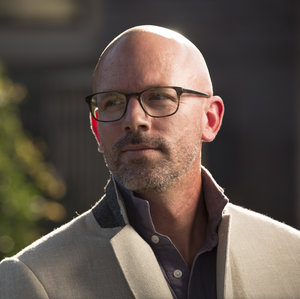Reconceiving Christianity and the Modern Prison: On Evangelicalism’s Eugenic Logic and Mass Incarceration
Online via Zoom | Register here.
Jason Sexton, Lecturer in the Department of Sociology at UCLA
What role has evangelical Christianity played in this unprecedented moment of mass incarceration? Building on legal scholarship that identifies the role of eugenic philosophy in penal policy over the last century, I examine evangelical leaders such as Billy Graham and Prison Fellowship’s Chuck Colson, whose ministries operated in close proximity to the prison as incarceration rates skyrocketed. I consider how evangelicalism’s theological tenets resonate with eugenic logics, and develop a critical theological approach in resistance to mass incarceration.
Jason Sexton is a theologian based at UCLA’s Institute of the Environment and Sustainability, and teaches in UCLA’s Sociology Department. With interest in California, carcerality, religion/theology, and the environment, he studies internal structural commitments of communities and their members and how these relate to assumed cultural and theological norms that show up in social and ethical action. His research has been published in International Journal of Public Theology, Ecclesial Practices: Journal of Ecclesiology and Ethnography, Zygon: Journal of Religion and Science, and Political Theology, and he served as president of the American Academy of Religion Western Region, and as Editor of UC Press-published, Boom California. He is the author of The Trinitarian Theology of Stanley J. Grenz (Bloomsbury/T&T Clark) and editor of the forthcoming Redemptive Dreams: Engaging Kevin Starr’s California (Routledge, 2023), and his writing has appeared in the LA Times, Zocalo Public Square, LA Review of Books, and the SF Chronicle. Prior to joining UCLA, he was interim California State University Associate Dean of Academic Programs and a Visiting Fellow at the Berkeley Center for the Study of Religion and the Center for the Study of Law & Society.
Presented by the Berkeley Center for the Study of Religion with generous support from the Henry Luce Foundation.

